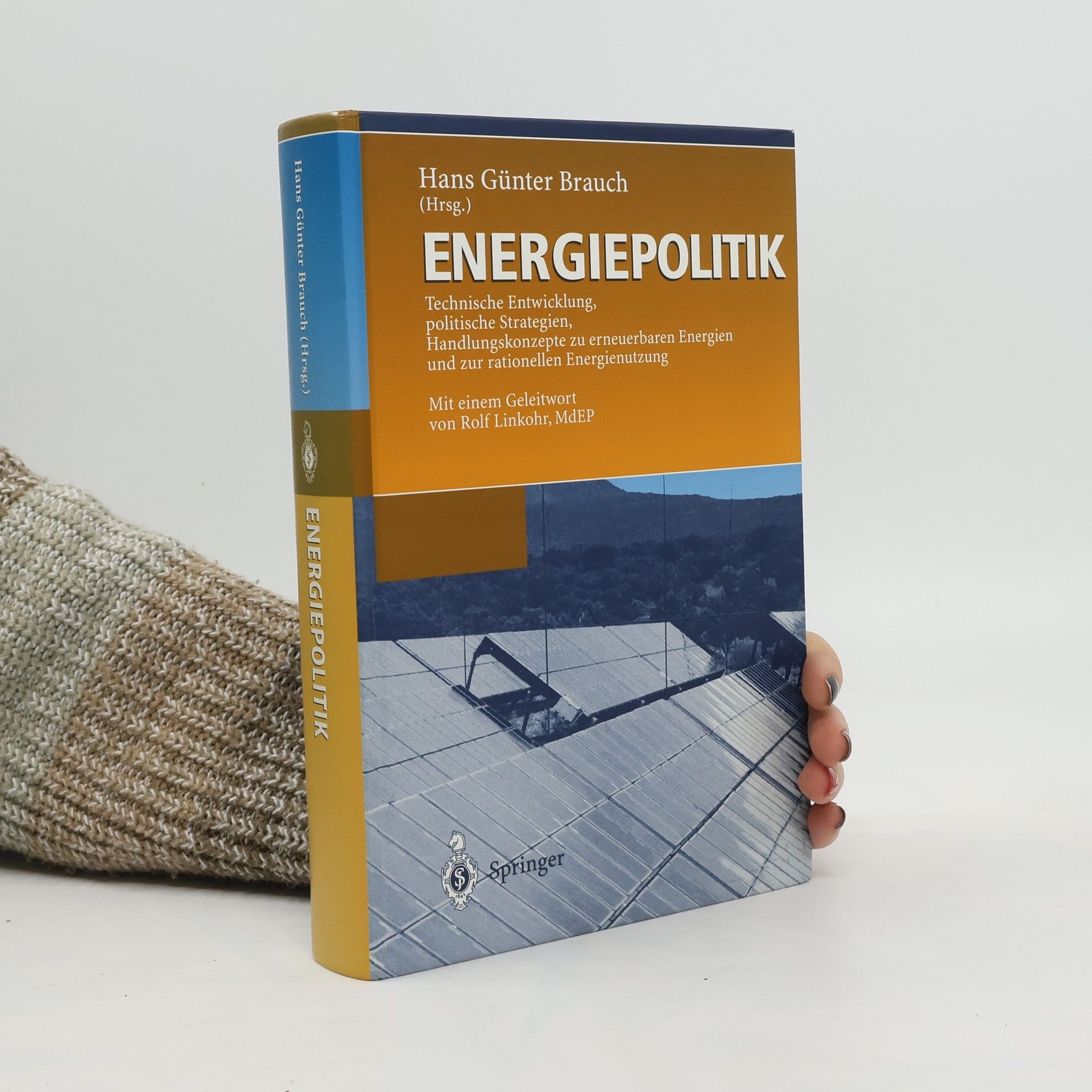Energiepolitik
Technische Entwicklung, politische Strategien, Handlungskonzepte zu erneuerbaren Energien und zur rationellen Energienutzung
- 740 stránek
- 26 hodin čtení
Ein renommiertes Autorenteam behandelt in diesem interdisziplinären Studienbuch Probleme der Energiegeschichte, Energiesysteme, Energietechnik und der Potentiale der erneuerbaren Energien: Wasser- und Windkraft, Biomasse, Geothermie, Photovoltaik und Solarthermie;

